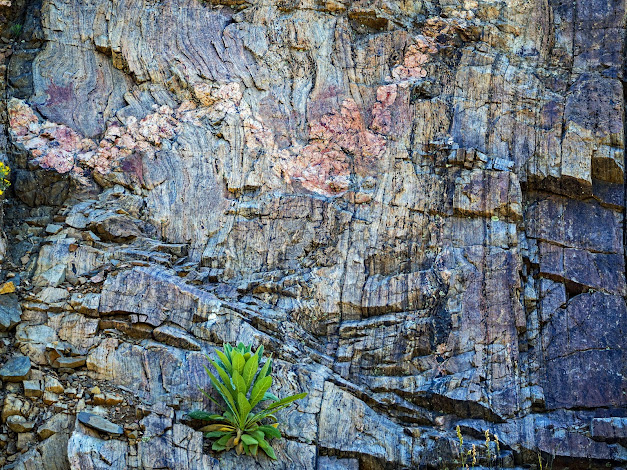Unconditional love really exists in each of us.
Saturday, June 15, 2024
imagine
Unconditional love really exists in each of us.
Thursday, June 13, 2024
opening to suffering
Letting go of our suffering is the hardest work we will ever do.
It is also the most fruitful. To heal means to meet ourselves in a new way –
Wednesday, June 12, 2024
a silence that watches itself
love lifts me
What we speak
becomes the house
we live in.
Who will want
to sleep in your bed
if the roof leaks
right above it?
Fear is the
cheapest room
in the house,
I would like
to see you living
in better conditions.
There is only one reason
we have followed God
into this world:
to encourage laughter,
freedom,
dance and love ....
God and I are rushing
from every corner of
existence,
needing to say
we are yours.
The sun never says
to the earth,
even after all this time
“you owe me”.
I once asked a bird
how is it that you
fly in this gravity
of darkness?
she responded,
love lifts me.
I should not make
any promises right now
but I know if you pray
somewhere in this world
something good
will happen.
~ Hafiz
Daniel Ladinsky and
Robert Bly versions
become supple as a newborn child
Monday, June 10, 2024
from the owners manual
Friday, June 7, 2024
Wednesday, June 5, 2024
concentration and equanimity
everything taken away
abandon ourselves
Tuesday, June 4, 2024
a point of nothingness
aspects of the incomprehensible
The innumerable gods and goddesses of the Hindu religion are
the human aspects
of the indescribable
and incomprehensible Spirit, as conceived be the finite human mind.
They understand and
appreciate human love and emotion, help men to realize
their secular and spiritual ideals, and ultimately enable
men to attain liberation
from the miseries of
phenomenal life.
The Source of light, intelligence, wisdom, and strength is
the One alone
from whom comes the
fulfilment of desire. Yet, as long as a man is bound
by his human
limitations, he cannot but worship God through human forms.
He must use human
symbols. Therefore, Hinduism asks the devotees
to look on God as the
ideal father, the ideal mother, the ideal husband, the ideal son,
or the ideal friend.
But the name ultimately leads to the Nameless, the form to
the Formless,
the word to the Silence, the emotion to the serene
realization of Peace
in Existence-Knowledge-Bliss
Absolute.
The gods gradually merge in the one God, but until that
realization is achieved,
the devotee cannot
dissociate human factors from his worship. Therefore,
the Deity is bathed
and clothed and decked with ornaments. He is fed and put to sleep.
He is propitiated
with hymns, songs, and prayers. And there are appropriate rites
connected with all
these functions. For instance, to secure for himself external purity,
the priest bathes himself in holy water and puts on a holy
cloth. He purifies the mind
and the sense organs
by appropriate meditations. He fortifies the place of worship
against evil forces
by drawing around it circles of fire and water.
He awakens the different spiritual centers of the body and
invokes the Supreme Spirit in his heart.
Then he transfers the Supreme Spirit to the image before him
and worships the image,
regarding it no
longer as clay or stone, but as the embodiment of Spirit,
throbbing with Life and Consciousness. After the worship the
Supreme Spirit is recalled
from the image to Its
true sanctuary, the heart of the priest.
~ from The Gospel of Sri Ramakrishna
by Mahendranath Gupta
Saturday, May 25, 2024
to witness our own limits transgressed
.
wildly in love
They are always kissing, they can't
control themselves.
It is not possible
that any creature can have greater instincts
and perceptions than the
mature human
mind.
God
ripened me.
So I see it is true:
all objects in existence are
wildly in
love.
~ Meister Eckhart
.



































